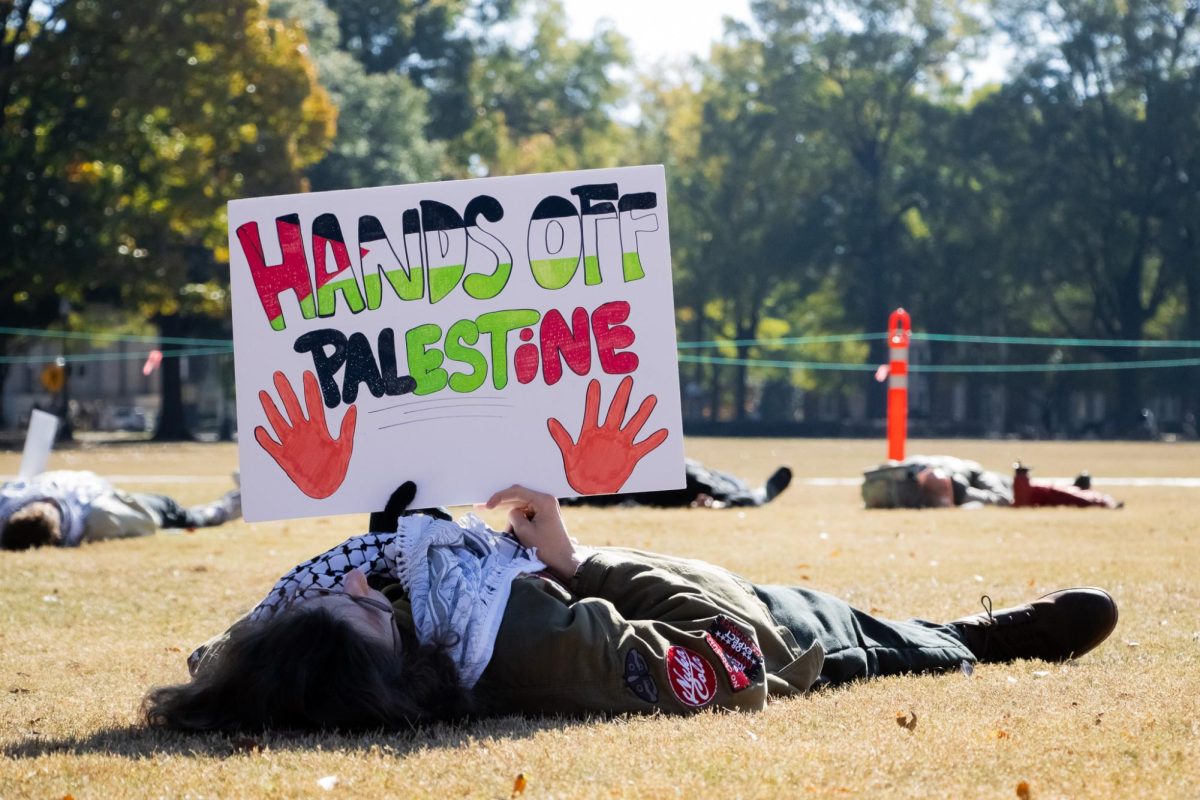The UA Safe Zone Program is hosting a brown bag session today from noon until 1 p.m. in Manly Hall Room 102.
The workshop, called “Harassment: What It Looks Like, How to Prevent It, Where to Report It,” will discuss the types of harassment that take place on the University’s campus and ways faculty and staff can help prevent them.
Renee Wells, an English professor at the University and chair of the UA Safe Zone Committee, said the program aims to help faculty and staff members know how to respond when students come to them with issues concerning harassment.
“It’s not something professors deal with on a regular basis,” Wells said. “We want to make sure they feel comfortable about what to tell students.”
The main focus of the Safe Zone program is to encourage cultural diversity on campus and to provide a visible network of volunteers for gay, lesbian, bisexual and transgender students, in addition to other individuals seeking information and assistance regarding sexual orientation, gender identity, harassment or discrimination.
Wells said the workshop will be broader and include people not usually affected by the Safe Zone program, because the topic of harassment can be applied to everyone on campus who is dealing with this issue.
“The same steps can be used no matter what type of harassment you are dealing with,” Wells said.
The program will take an in-depth look at harassment using a PowerPoint with embedded video clips of students talking about their personal experiences with harassment, Wells said, which will give students the chance to be heard even though they are not leading the program.
The workshop will be led by Lucy Curzon, an assistant professor of art history and a member of the Safe Zone committee.
Curzon has led many Safe Zone training programs and said she is glad they are spreading out to address this important issue on campus.
“I hope this program will help people come to recognize what harassment is and what it can do to those who experience it,” Curzon said.
Those who attend the meeting will be given packets solidifying the definition of harassment. The packets also state that the University does not tolerate harassment and explain what to do to prevent it, Curzon said.
“I am hoping that after the PowerPoint it will be mostly discussion-based,” Curzon said.
She will be joined by Cathy Pagani and Kathryn Oths, resolutions officials from the College of Arts and Sciences, who will help answer participants’ questions.
Wells said a lot of the harassment that happens on campus is subtle, and people need to be aware that even if negative comments are not targeting one person, they can still make people feel uncomfortable.
This is the first of two brown bag sessions planned for this semester. The next session, called “Lingo Lesson: Understanding How Language Empowers, Devalues, and Excludes,” is scheduled for March 30. Wells said it will focus on language and how words can include or exclude people.
“Hopefully, these sessions will help people become more aware of their actions and how they impact others,” Wells said.








